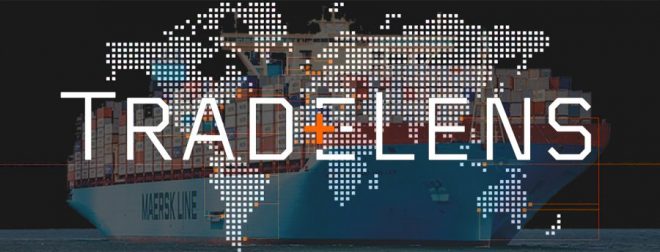Spain’s Port Authority of Valencia or Valenciaport, has joined the blockchain-enabled shipping solution project TradeLens as “Early Adopters.” The solution is jointly developed by Danish transport and logistics giant Maersk and IBM by applying blockchain to the world’s global supply chain.
The partnership with IBM and Maersk will facilitate application of blockchain technology in Valenciaport’s logistics chain to promote more efficient and secure global trade.
TradeLens helps multiple trading partners to collaborate by establishing a single shared view of a transaction without compromising privacy and confidentiality of the data. Real-time access to shipping data and shipping documents, including IoT and sensor data ranging from temperature control to container weight, is made possible through this platform.
The early adopters category is for parties which consider themselves of mutual interest so that the technologies that are developed consider Valenciaport as a collaborator from the beginning.
TradeLens is expected to be fully commercially available by the end of this year.
Valenciaport is among more than 90 organizations worldwide involved in the TradeLens platform, which was launched in early August, just six months after the blockchain collaboration between IBM and Maersk was announced in January.
The TradeLens ecosystem currently includes more than 20 port and terminal operators, representing about 234 marine gateways or seaports on five continents. These include PSA Singapore, ICTSI, Patrick Terminals, Modern Terminals in Hong Kong, Port of Halifax, Port of Rotterdam, and Port of Bilbao.
Customs authorities, freight forwarders, shippers, shipping lines, and third-party logistics providers are also part of the global organizations involved in the platform. Canada Border Services Agency (CBSA) recently became one of the first border agencies to join the platform.
According to the data collected by the system, the use of TradeLens allows to reduce the transit time of a shipment by 40 percent, which represents thousands of dollars in cost saving.
The platform has already processed 154 million data-sending events, including warehousing time, container shipping and customs documentation such as bill of lading and commercial invoices.




